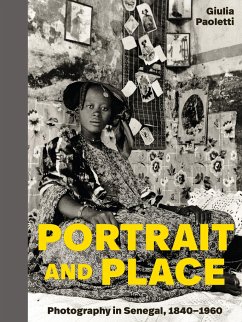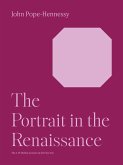"Strategically located on the Atlantic Ocean at the westernmost point of the continent, Senegal is well-known as an epicenter of Africa's modernities, modernisms, and liberation movements. It was also one of the countries where the daguerreotype first arrived in sub-Saharan Africa before circulating inland and across the region. At that time, Senegal did not exist as a nation state; local kingdoms were still in power and the French presence was limited to trading posts along the coast. The pioneers of photography in the 1840s were not exclusively Europeans, but also African, African-American, and Asian entrepreneurs. In the decades that followed, amateurs and professionals working in rural areas continued to explore and expand photography's possibilities. Senegal's photographic histories thrived as part of a global visual economy during and despite the colonial experience. Its works emerged as an integral part of the history of this medium, which unlike any other was a global enterprise from the very beginning. Portrait and place offers the first history of photography in this important country, from its first iterations, photographers, and patrons of the 1840s to photographers such as Oumar Ka (b. 1930) and Mama Casset (1908-1992), who were were active in the 1960s during the transition from the colonial to the postcolonial era. Giulia Paoletti presents close studies of photographs, firmly anchoring these objects, their authors, and their consumers in a global context that extends across West Africa, the Black Atlantic, and the greater Islamic community-in other words, beyond the borders of colonial empire. Based on over ten years of field and archival research in Senegal, this book features almost exclusively new, previously unpublished visual material and explores both professional and amateur artists working in a wide variety of genres, from landscape to portraiture, and in media such as daguerreotypes and glass paintings. As the first book to focus exclusively on Senegal's photographic histories, Portrait and place expands the notions of what the medium has been and can be, from a Eurocentric model to one that is decidedly-insistingly-larger and more inclusive"--
Bitte wählen Sie Ihr Anliegen aus.
Rechnungen
Retourenschein anfordern
Bestellstatus
Storno








